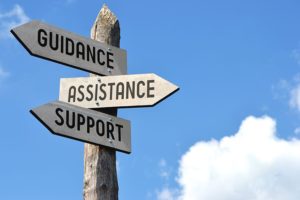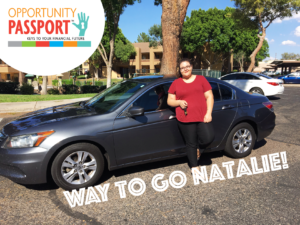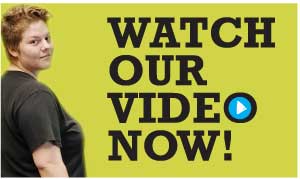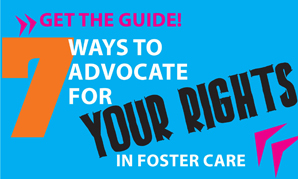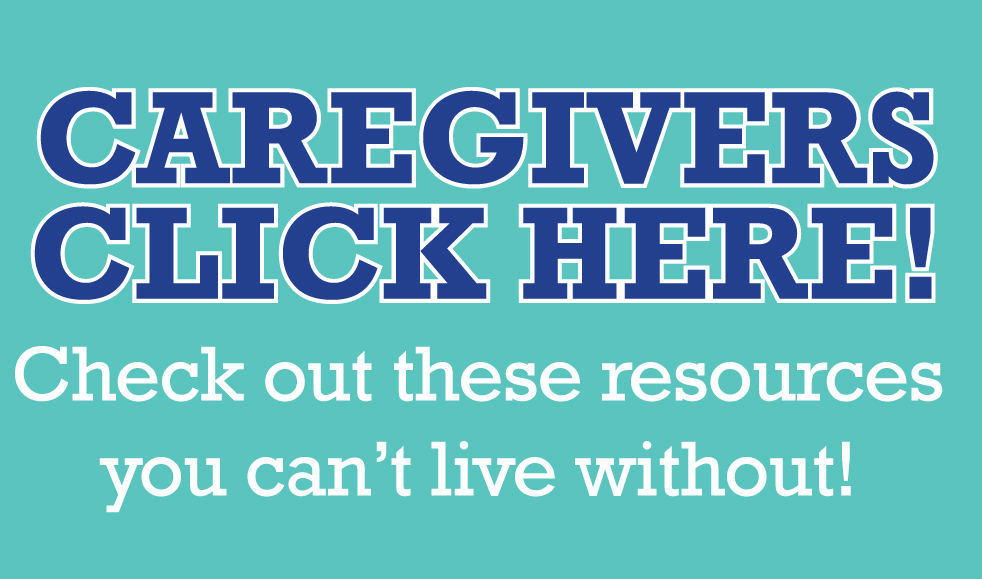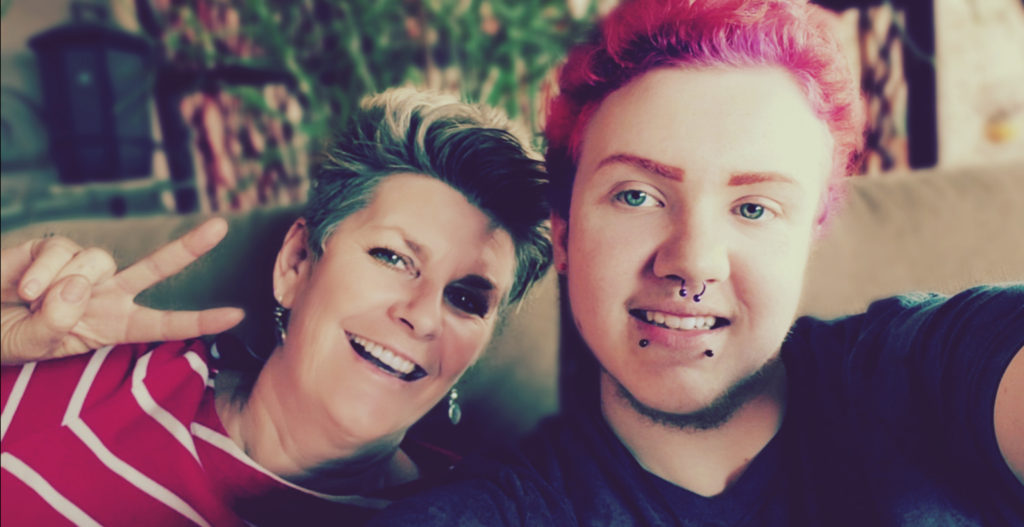
I entered foster care at the age of 15. Like most youth who enter care as a teenager, I bounced around to many placements. As a trans-youth, it was especially hard for me to build connections and find a placement where I would be accepted. DCS struggled to continue to find me new placements. It got so bad that I had to spend my 17th birthday sleeping in an office building because they couldn’t find a placement for me. Fortunately, around this time I entered the THRIVE program and was paired with my mentor, Lori, who provided me with much-needed support to help me as I transitioned out of care.
THRIVE is a mentorship program offered through Arizona’s Children Association. It is designed to provide support to youth ages 16 to 21 who have or will be transitioning out of foster care. THRIVE works with young adults to match them with a mentor based off on their interests.
Lori was not my first mentor in this program. Before her, I was paired with a man who ended up being removed from the THRIVE program because he was not helping the youth who he mentored. When I was told they had a new mentor for me, I was very apprehensive. Like many teens in care, I had trouble trusting that someone was there for me. THRIVE thankfully has a trial period to make it easy for youth to decide that a mentor is or is not a good fit, so I took a leap of faith and met Lori, who has since changed my life.
Lori and I were not the perfect pair when we first met. I thought Lori was loud and obnoxious, and she didn’t understand what it meant to be trans. We disagreed on a lot of things, but we both stuck it out and got through the adjustment period, and she since has become a significant support in my life.
I disrupted from a placement at 17, just a couple months before my 18th birthday. Lori took legal custody over me to make sure I could get back on my feet and has continued to be there for me ever since then. She helps me when I need guidance on things like housing or education, and even if we disagree, I know I always have someone I can reach out to and that Lori will set any disputes aside to be there for me. We celebrate holidays together, Lori and her partner take me out for my birthdays, something I never celebrated while in care, and they treat me like family. Young adults in care may have a lot of support from DCS workers, and other program staff, but we all want that personal relationship that a mentor provides. I am will always be grateful for having Lori in my life to provide just that.
This blog was written by Sora, Young Adult Leadership Board Member for FAAZ. You can read more about Sora here.
